#Chen Shiang-Chyi
Text
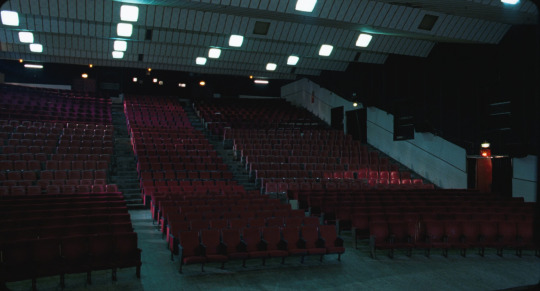
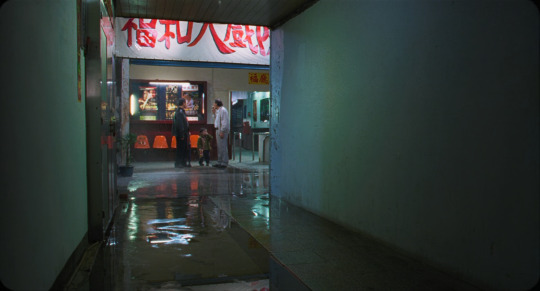



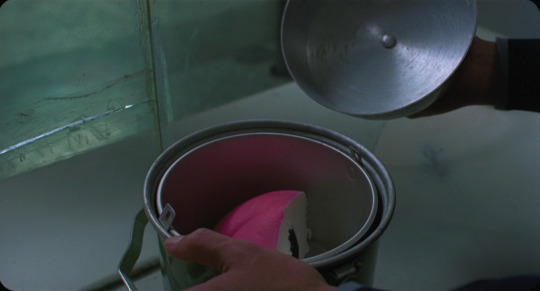
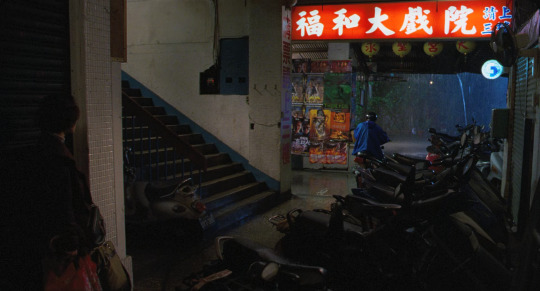
Goodbye, Dragon Inn (2003), dir. Tsai Ming-liang
#goodbye dragon inn#tsai ming liang#lee kang sheng#chen shiang-chyi#film#film stills#filmedit#movies#movie stills#cinema#cinephile#my posts
257 notes
·
View notes
Photo
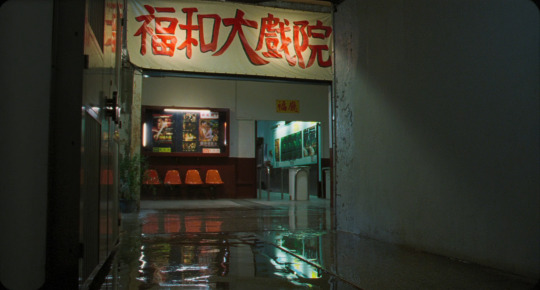
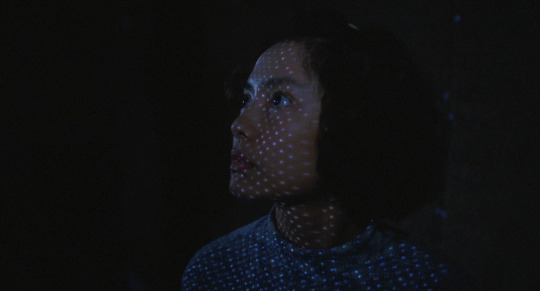
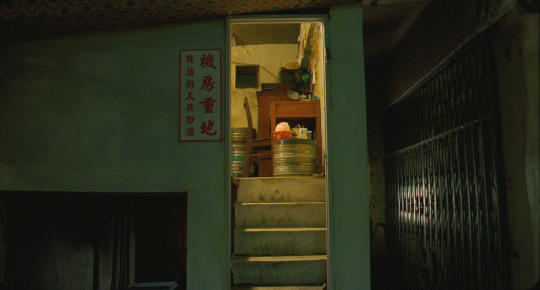
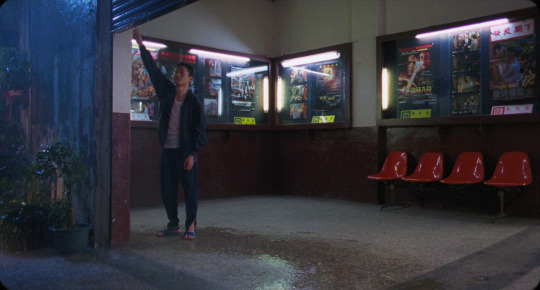

goodbye, dragon inn (2003)
#goodbye dragon inn#film#movie#cinema#art#edit#taiwan#asia#indie#tsai ming-liang#lee kang-sheng#chen shiang-chyi#queue
229 notes
·
View notes
Text

A Confucian Confusion (1994) dir. Edward Yang
16 notes
·
View notes
Photo
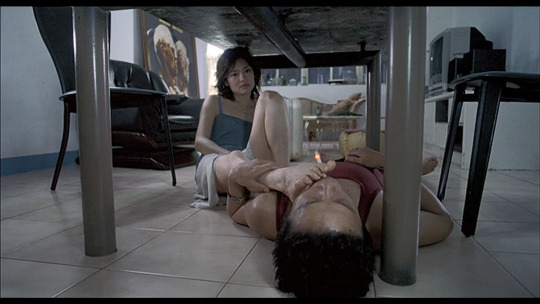
the wayward cloud, 2005
18 notes
·
View notes
Text
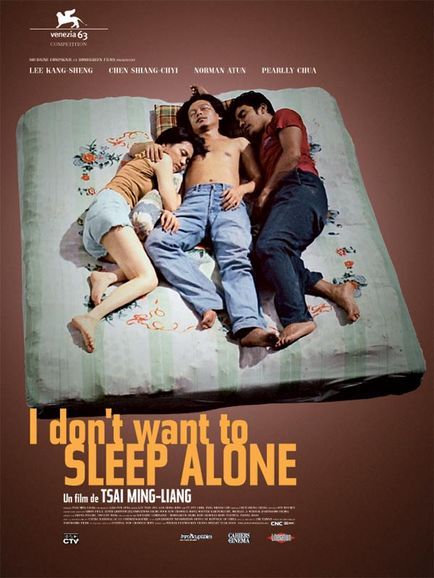
I DON’T WANT TO SLEEP ALONE
[Tsai Ming-liang 2006]
#poster#i don't want to sleep alone#Hei yanquan#malaysian film#asian cinema#movies#taiwanese film#great directors#great cinematography#norman atun#lee kang sheng#Chen Shiang-chyi#黑眼圈#tsai ming liang#movie poster
9 notes
·
View notes
Photo
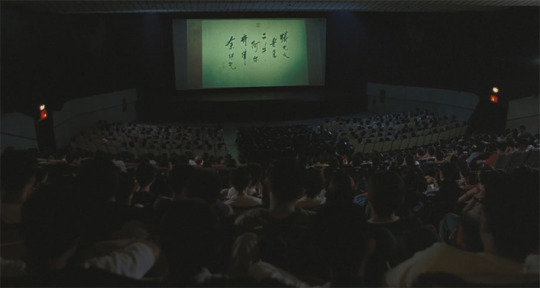

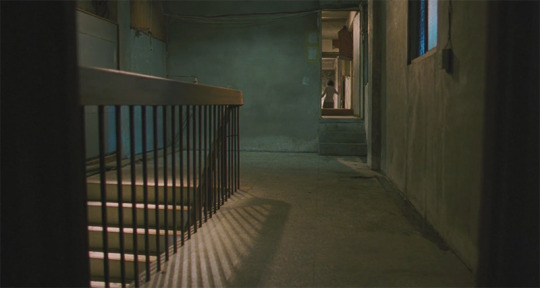

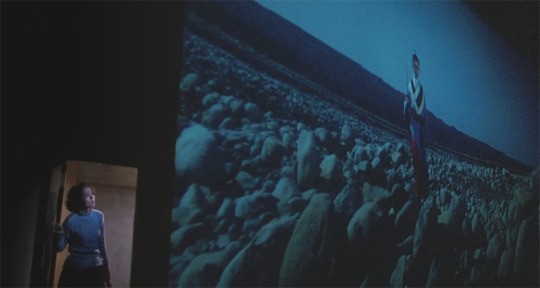
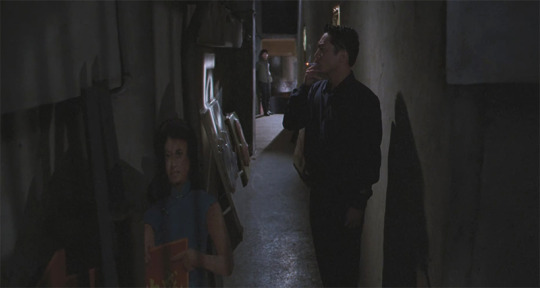
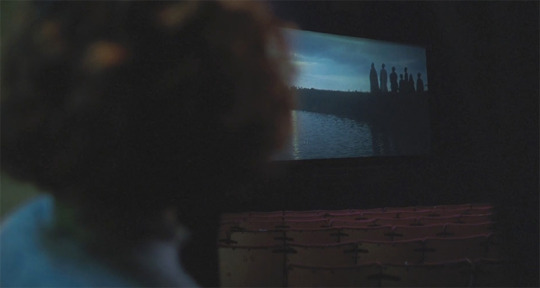

BU SAN (Tsai Ming-liang, 2003)
#bu san#goodbye dragon inn#good bye dragon inn#tsai ming-liang#lee kang-sheng#chen shiang-chyi#kiyonobu mitamura#yang kuei-mei#jerry chan#miao tian#chun shih#lee yi-cheng#film#cine
29 notes
·
View notes
Photo

New York Film Festival 2022:
A Confucian Confusion (Edward Yang), 1994
#films#movies#stills#A Confucian Confusion#Edward Yang#Chen Shiang-chyi#Ni Shujun#NYFF60#New York Film Festival#1990s#Taiwanese#seen in 2022
4 notes
·
View notes
Text
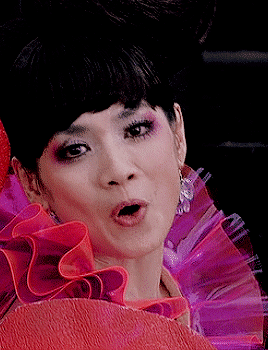
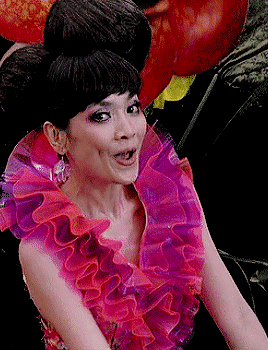
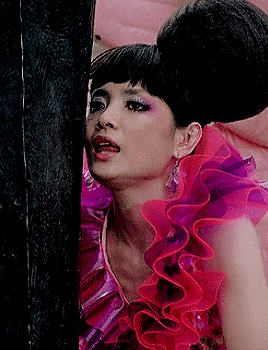

Chen Shiang-chyi in THE WAYWARD CLOUD (天邊一朵雲) | Dir. Tsai Ming-liang, 2005
1 note
·
View note
Photo
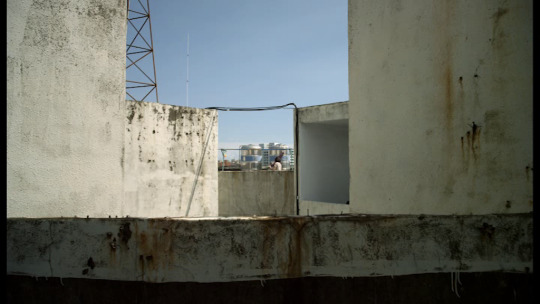
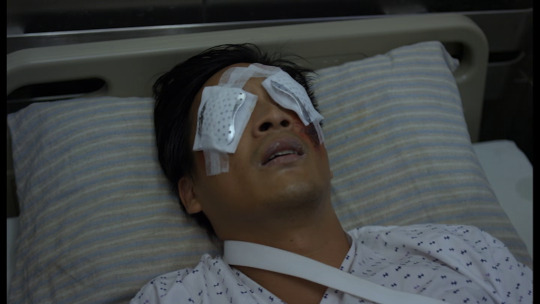

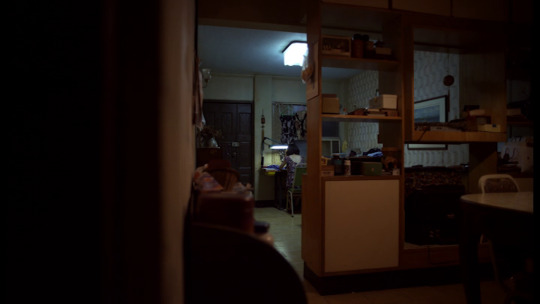
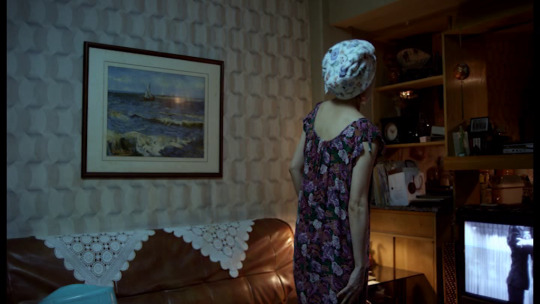
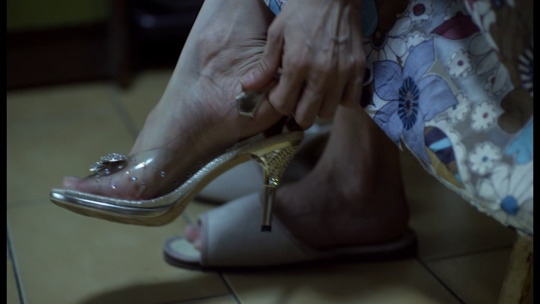



Hui guang zou ming qu 2014
#Hui guang zou ming qu#2014#hsiang chienn#Shiang-chyi Chen#beaucoup de bonnes choses#problème de rythme#6/10#exit
0 notes
Text
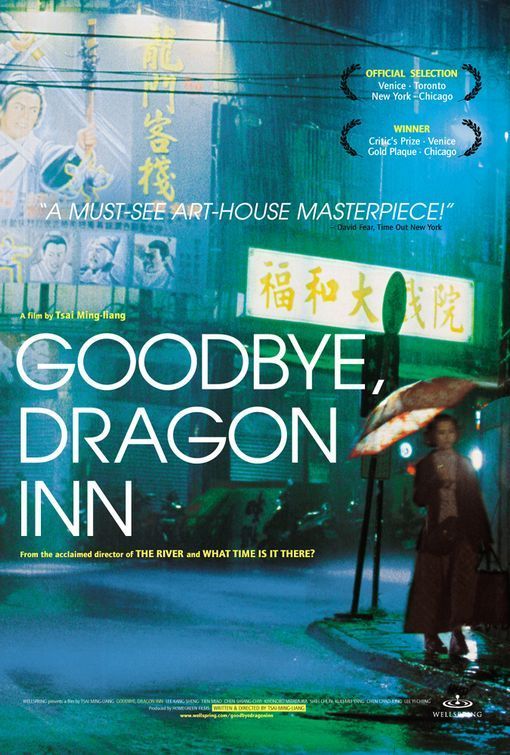
Goodbye, Dragon Inn
(2003) Lee Kang-sheng, Chen Shiang-chyi. dir. Ming-Liang Tsai (Taiwan)
youtube
1 note
·
View note
Photo

Stray Dogs (Tsai Ming-liang, 2013)
Cast: Lee Kang-sheng, Yang Kuei-Mei, Lu Yi-Ching, Chen Shiang-chyi, Lee Yi Cheng, Lee Yi Chieh, Wu Jin-kai. Screenplay: Song Peng Fei, Tsai Ming-liang, Tung Cheng-Yu. Cinematography: Liao Pen-Jung, Lu Ching-Hsin, Shong Woon-Chong. Art direction: Liu Masa, Tsai Ming-liang. Film editing: Lei Chen-Ching.
We expect motion pictures -- if only by definition -- to move. But Tsai Ming-liang stubbornly resists that impulse, even to the point of almost eliminating what makes cinema its own distinct art form: montage. Instead we have long, long takes, beginning at the start of the film with a woman lethargically brushing her hair while she sits on the edge of a bed where two children are sleeping. One of the key sequences of Stray Dogs is a shot of two men in plastic raincoats standing on a traffic island while holding up advertising placards; the sequence lasts so long that we welcome the moments when the traffic light apparently changes and the eye is relieved by the movement of cross-traffic. And the film concludes with a man and a woman standing absolutely still, looking at something (the mural in the picture above) off-screen. Minutes pass in which nothing happens except for the tear that rolls down the woman's face. This kind of stasis can be enormously effective when there's a narrative direction to it, as in Chantal Akerman's Jeanne Dielman, 23 Commerce Quay, 1080 Brussels (1975), in which the fixed camera makes us watch as the banality of Jeanne's daily chores is established with long takes of her washing dishes, peeling potatoes, and so on, only to be disturbed when things go slightly wrong with those chores on a second visit to her apartment, giving Jeanne's story a forward movement. Stray Dogs accumulates such moments in the lives of the man with the advertising sign and his two children, along with three women -- including the one brushing her hair and the woman looking at the mural -- who interact with them. But in this film we seem to be looking for looking's sake. We may react to the social context of their lives -- the man and the children are homeless, and one of the women lives in a crumbling, water-streaked dwelling -- as the import of the film, but Tsai seems to feel no urgency about letting us know more about them than he shows us. There are moments of enigmatic drama unlike any we've seen in a film before, as when the man finds a cabbage in the bed he shares with the children. They have drawn a face on it, and the man first tries to smother it with a pillow, then attacks it with his teeth and nails and devours much of it. Any significance we may impose on this scene comes from us -- is he, for example, attacking the hopelessness of his existence, taking it out on the cabbage doll? -- but Tsai isn't going to tip his hand in that or any other direction. The film won numerous awards, and had several critics hauling out the word "masterpiece," but it also earned a dismissal from the New York Times critic Stephen Holden as a "glum, humorless exercise in Asian miserablism." I can't dismiss it that glibly, but I also can't endorse it with great enthusiasm. It's not a movie I would urge on anyone who isn't prepared to undergo a good deal of ennui -- my own finger hovered over the fast forward button several times -- to be inspired to reflections on the nature of the cinematic experience.
0 notes
Text
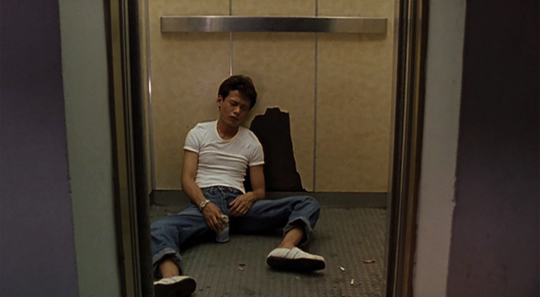

The Hole (1998), dir. Tsai Ming-liang / The Wayward Cloud (2005), dir. Tsai Ming-liang
#the hole#the wayward cloud#tsai ming-liang#lee kang-sheng#chen shiang-chyi#sumomo yozakura#film#film stills#filmedit#movies#movie stills#cinema#cinephile#my posts
21 notes
·
View notes
Photo
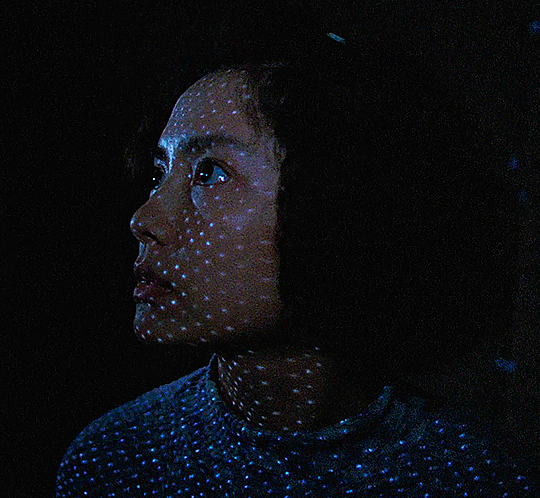
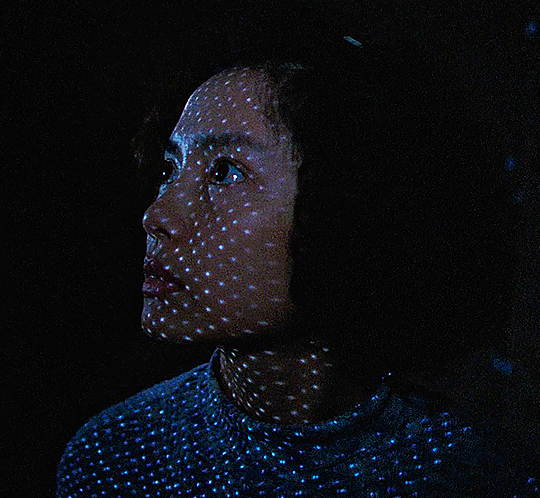
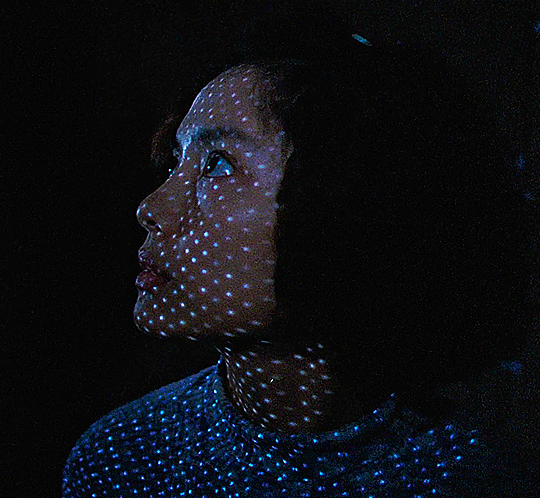
Goodbye, Dragon Inn ‘不散’
2003, Directed by Tsai Ming-liang
#Goodbye Dragon Inn#Chen Shiang-Chyi#filmedit#dailyworldcinema#userkd#tusersonya#usermichi#turnerclassicmilfs#usersrina#uservee#usergina#usercandy#moviegifs#2000s#gif
4K notes
·
View notes
Text

A Confucian Confusion (1994) dir. Edward Yang
10 notes
·
View notes
Text

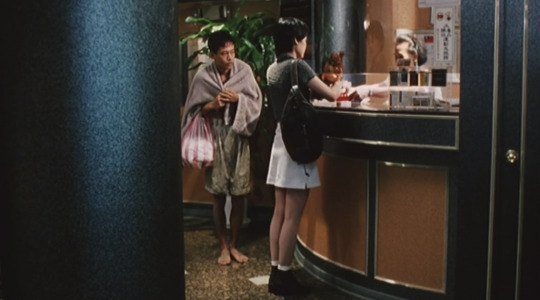

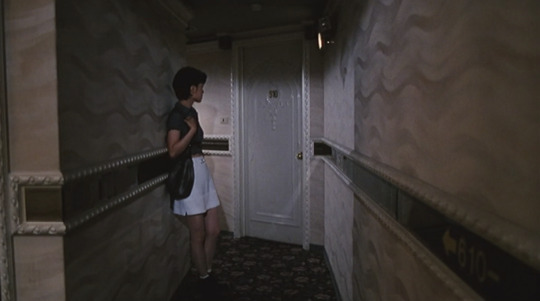
The River (1997) dir. Tsai Ming-liang
426 notes
·
View notes
Photo

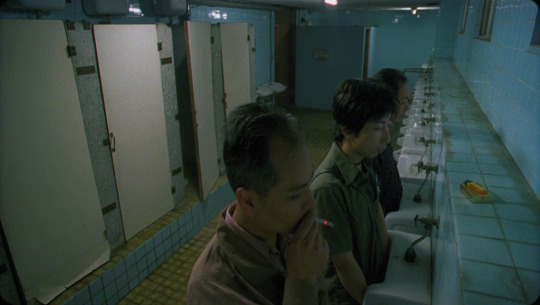
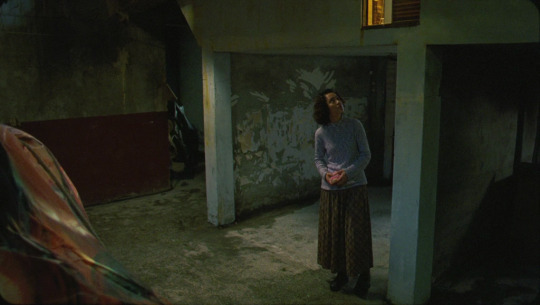
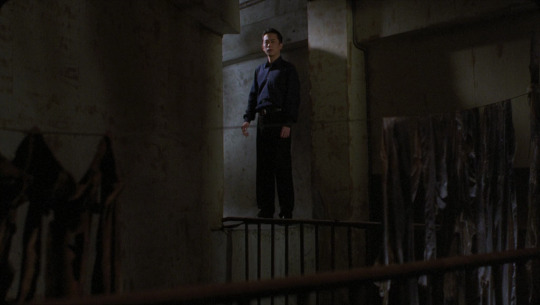
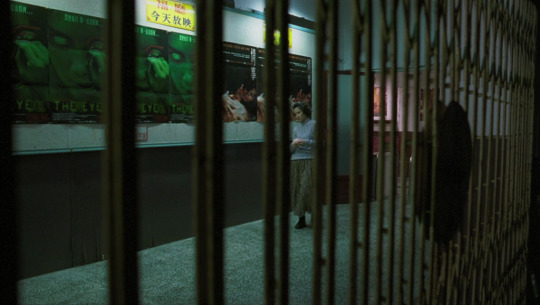
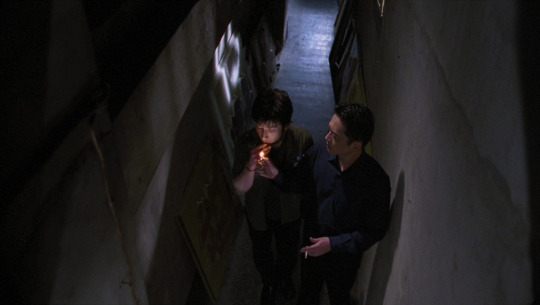




Films watched in 2021.
136: Good Bye, Dragon Inn (Tsai Ming-liang, 2003)
★★★★★★★★☆☆
#Films watched in 2021#Tsai Ming-liang#ocho#2003#tsai ming liang#Good Bye Dragon Inn#bu san#lee kang sheng#Lee Kang-sheng#Liao Pen-jung#drama#loneliness#taiwan#cinema#long shot#dragon inn#king hu#Chen Shiang-chyi#Kiyonobu Mitamura#Miao Tien#Chun Shih#Yang Kuei-mei#smoke#neon lights
434 notes
·
View notes